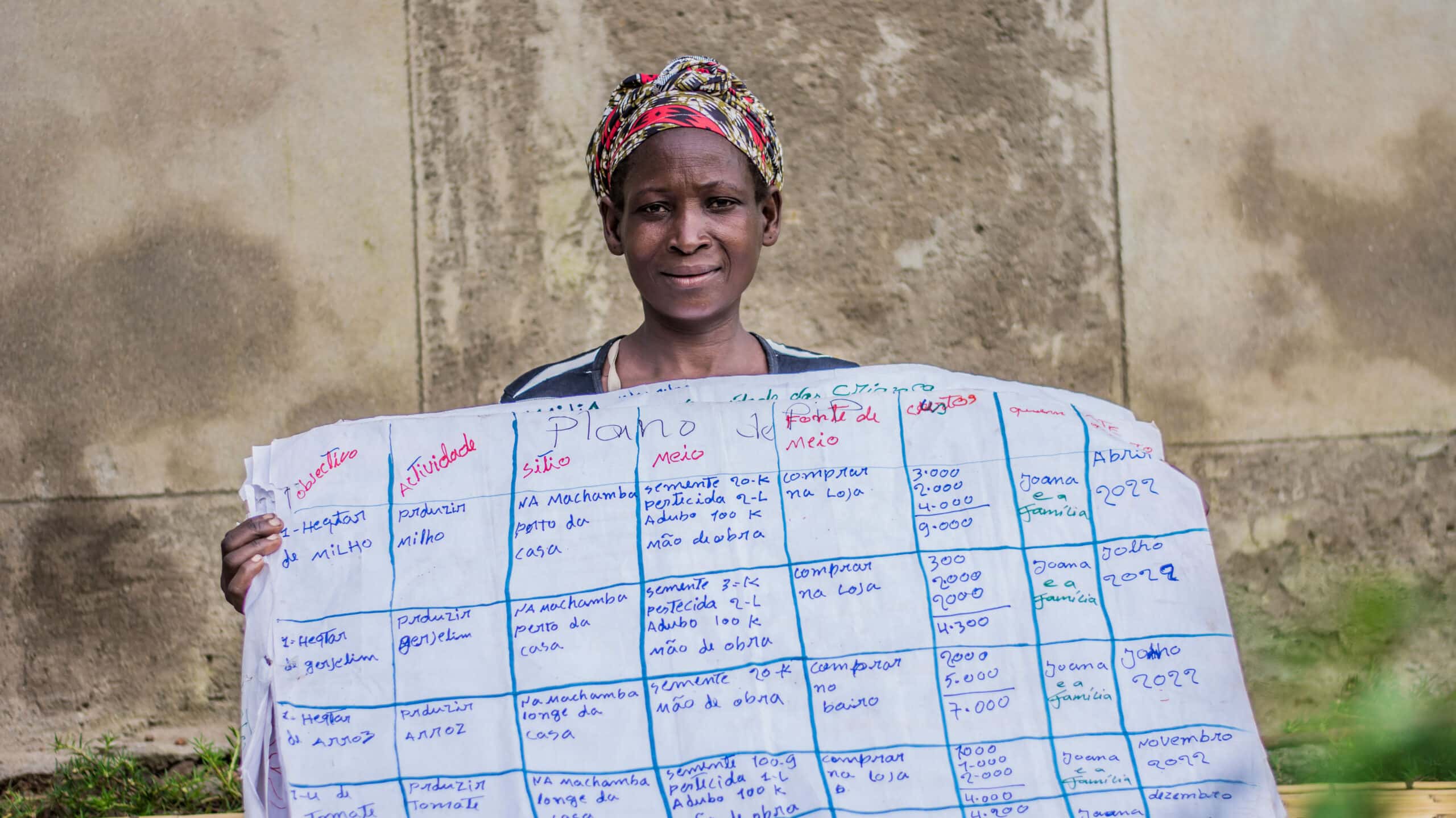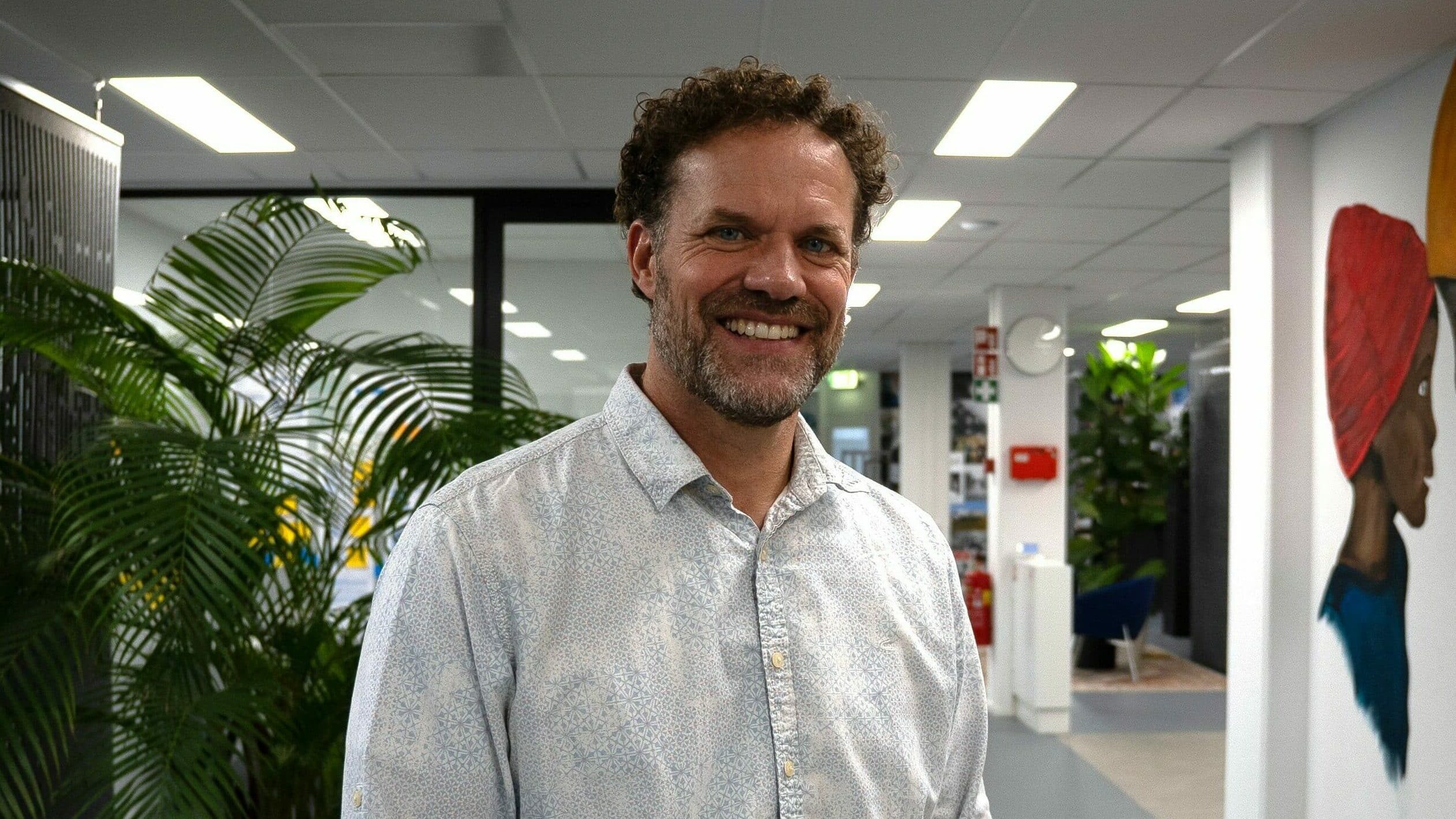Peter: ‘I stand up for the dreams of farmers’
Peter is a Social Empowerment and Protection Expert at Dorcas.
Peter is involved with the implementation of the Participatory Integrated Planning (PIP) approach within Dorcas. This approach supports farmers and their families in different countries in visualising and achieving their long-term goals. Peter: ‘Central to the PIP approach is the development of an Integrated Farm Plan by all members of the household. Together, they make a drawing of the desired future situation, which serves as a basis to take concrete actions to reach their dream. Since it is their own plan, they are very motivated to achieve it! Unlike many traditional expert-led methods, PIP empowers communities to take charge of their own development, ensuring sustainability and scalability without relying too much on external resources.’
‘PIP employs simple yet effective methods which – in a short time – can lead to considerable increases in productivity, for example digging water-catchment trenches and leaving agricultural residuals on the soil to conserve moist, prevent erosion and improve soil health. Working in groups is a key strength, addressing shared challenges such as unpredictable rainfall patterns and degrading soils. By starting with innovative individuals, training them, and then having them train others, PIP can achieve 80% coverage of farmers in a community within 2.5 years.’

Long-term effects of PIP
Peter continues: ‘Because PIP focuses on the vision of the farmers and communities themselves, the long-term effects are significant. PIP’s impact is seen in diversified land use, with more crops, kitchen gardens, animals, and additional income sources. The approach makes households more resilient and engages youth in activities like poultry farming, making them active contributors to their households and communities.’
Sustainable approaches
‘What I find beautiful about PIP is its focus on the entire family and quick scalability within communities. It empowers people to pursue their aspirations, moving away from the traditional expert-driven model. Unlike approaches that collapse when NGOs withdraw, PIP sustains itself by tapping into local knowledge and inspiring innovation. Furthermore, PIP is crucial in raising awareness and making households more resilient to environmental challenges like droughts and floods. By spreading knowledge and encouraging risk diversification, PIP ensures that households and communities are better prepared for unforeseen circumstances.’
‘It is very inspiring to see more organisations adopting and implementing the PIP approach. In the Netherlands, these organisations are working together in the PIP platform, sharing knowledge and lessons learned. I am looking forward to a broad expansion of this approach, as more organisations, farmers and communities adopt it.’

27 February 2024
Are you inspired?
Read the next story or contact us to get to know more about making an impact together.